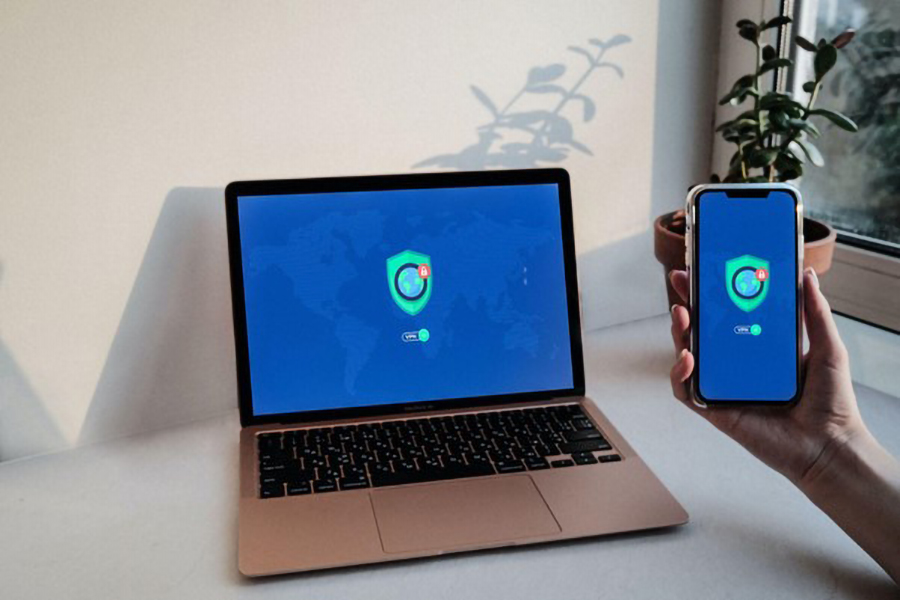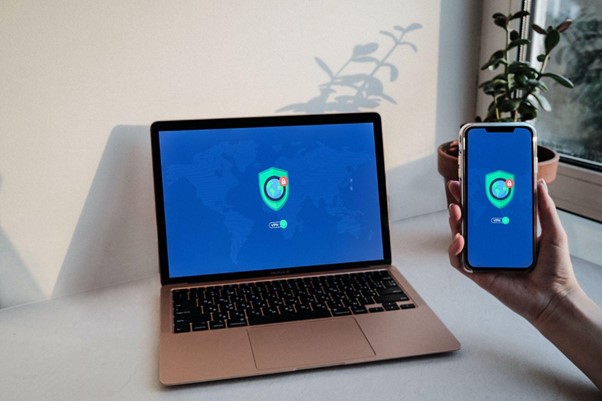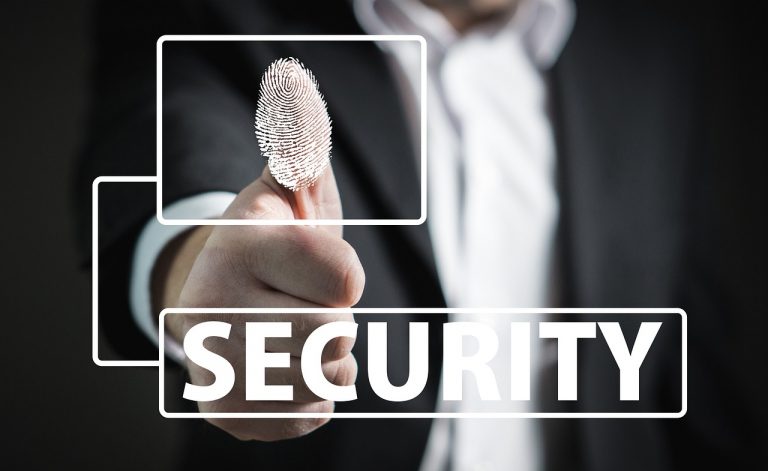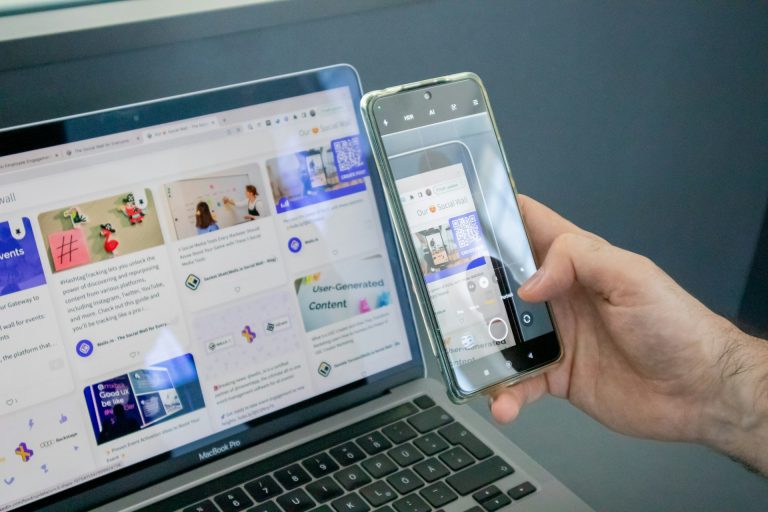Connecting to public Wi-Fi on your iPhone or iPad poses significant security risks, especially when traveling in foreign countries. There is no way to know who or what might be monitoring your internet activity. To keep your data and browsing secure while on the go, we recommend using a virtual private network (VPN) service that is compatible with your iPhone and iPad.
To choose the perfect product, you need to understand the basic VPN features and your needs. If you know what exactly you are looking for, you will be halfway there. When choosing the ideal VPN for Apple technology, consider the following aspects.
Factors to Choose a VPN App for Mac
I understand that not everyone wants to search for a long time and analyze the market a lot. Overall, you can choose a VPN for Mac from any flagship provider. In terms of security and convenience, we liked the Mac app from VeePN. It offers 2500+ high-speed services, a refund policy, a no-logs policy, and much more. You can analyze this service based on the following parameters or choose your option.
#1 Safety
VPNs were created to guarantee a high level of online security. They ensure that your network traffic remains impenetrable and hidden from prying eyes, protecting your IP address and maintaining your anonymity. However, there are instances when VPNs may inadvertently leak your data if the connection to their servers is interrupted. Therefore, it is crucial to select a VPN that prioritizes reliable security features and has a zero-tolerance policy towards data leakage.
It is important to note that free VPNs often rely on selling user data to advertisers and third parties for revenue. Conversely, paid VPN providers have the resources to maintain large research and development teams to provide secure and well-designed services.
To ensure utmost privacy and security, opt for a VPN that undergoes regular independent audits to substantiate its commitment to protecting your data.
#2 Reputation
When searching for a VPN provider in a saturated market, prioritize established and reputable brands. Using a lesser-known or unreliable VPN puts your data and privacy at risk, and may result in subpar performance. It’s crucial to research testimonials and online reviews on platforms like Reddit for authentic insights into user experiences. Additionally, rely on trusted websites that offer comprehensive VPN reviews, comparisons, and consistently positive ratings from diverse sources.
#3 Encryption
Encryption converts all of your online data into a code that only you can decipher, ensuring privacy and protecting against hackers on public Wi-Fi or home networks. For maximum security, it’s important to choose a VPN with advanced encryption, such as the highly recommended Advanced Encryption Standard (AES) with a 256-bit key. AES supports three key sizes – 128-bit, 192-bit, and 256-bit – with the 256-bit encryption providing the highest level of security. Breaking a 256-bit encryption would require sifting through an unimaginable number of code combinations, making it nearly impossible even for the fastest computers.
#4 Servers
Having a greater number of VPN servers can result in faster web connections and speeds. With more servers, each server carries less load, potentially improving your bandwidth. Additionally, more servers provide broader global coverage and a more reliable connection. When one server goes down, there are plenty of others available to take its place. Moreover, having servers in different locations offers more options for spoofing your virtual location and remaining invisible to your ISP.
#5 Multiplatform support
Likely, your Mac isn’t the only device in your arsenal. You can use a VPN on all your devices, as long as the provider you choose supports them. If you remember about VeePN, it supports almost all platforms and even offers web VPN for most browsers. Plus, you can connect up to 10 devices to your account.
#6 Pricing
Cost is undoubtedly a crucial factor. After all, no one wants to pay for a subpar product. Keep in mind that the longer you commit, the lower the cost will be.
If you opt for monthly payments, you can expect to pay around $10 per month or possibly more. However, by committing to a long-term plan, you’ll notice a significant cost reduction. Since VPN usage is generally continuous, choosing a long-term plan is a wise decision.
#7 Logging policy
A VPN’s logging policy pertains to the data collected and stored by the VPN provider regarding its users’ activities. There are options for logging your data:
- No-Logs policy: A no-logs VPN does not collect or retain any records concerning its users’ activity, thereby making the user untraceable even to the VPN provider.
- Usage or activity logs: These logs are the most intrusive as they encompass details about users’ online activity while connected to the VPN. It should be noted that reputable VPNs steer clear of retaining usage or activity logs.
- Anonymous or aggregated data: Certain VPNs may collect data in a manner that cannot be traced back to individual users. This data collection method is often employed to enhance the service.
Conclusion
There are different types of VPNs, and in order to get all the desired benefits, you need to take time to choose. In this case, you will be sure that all your needs are covered. The issue of security and speed is a priority, but do not forget about other parameters, such as multi-platform support or log storage policy.








